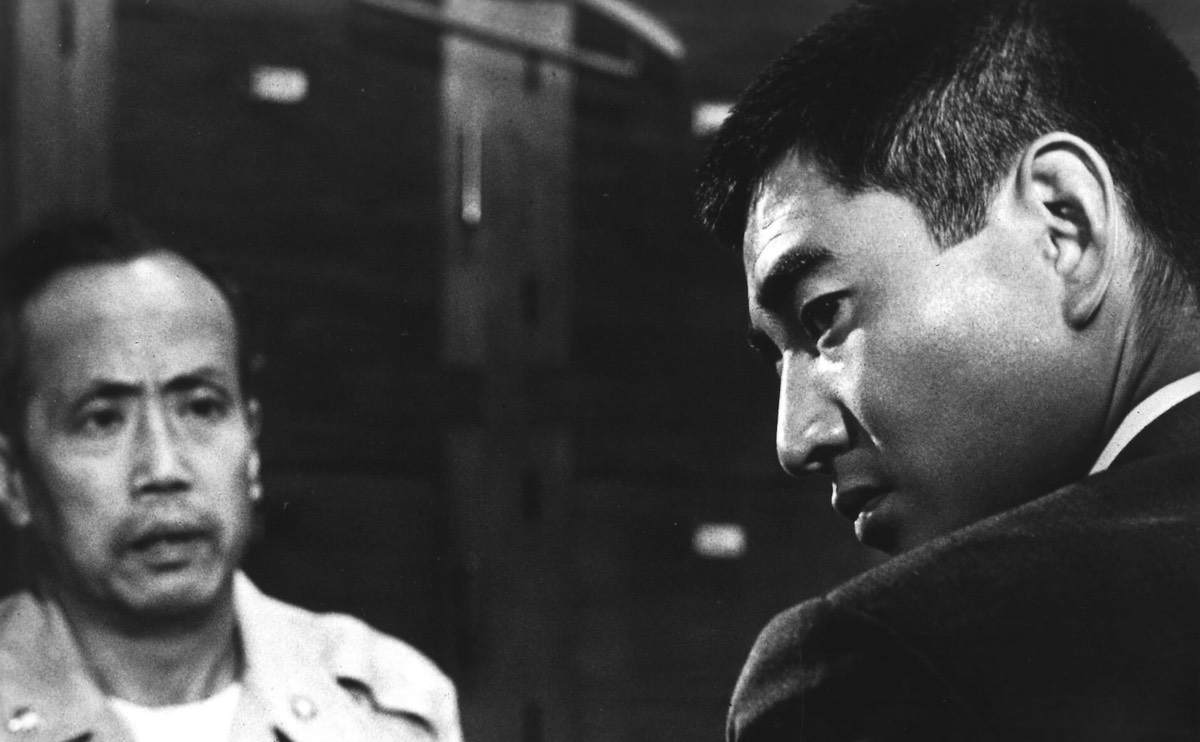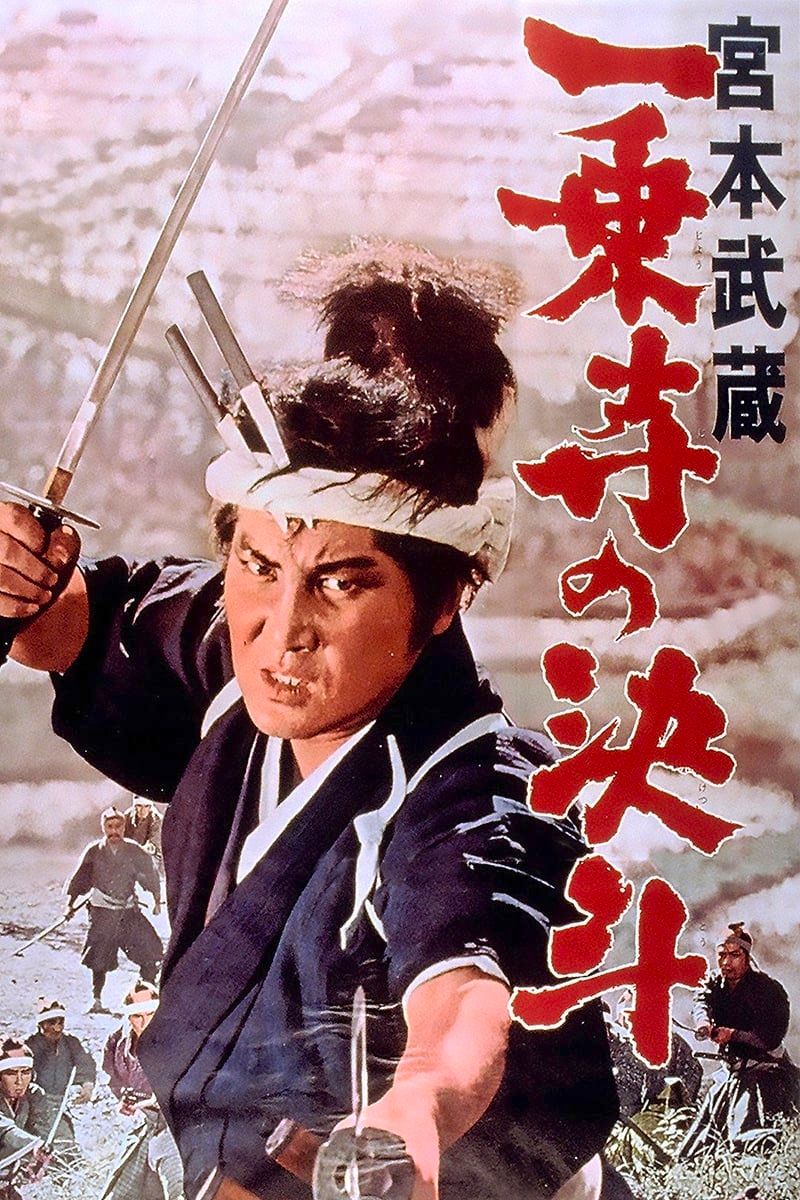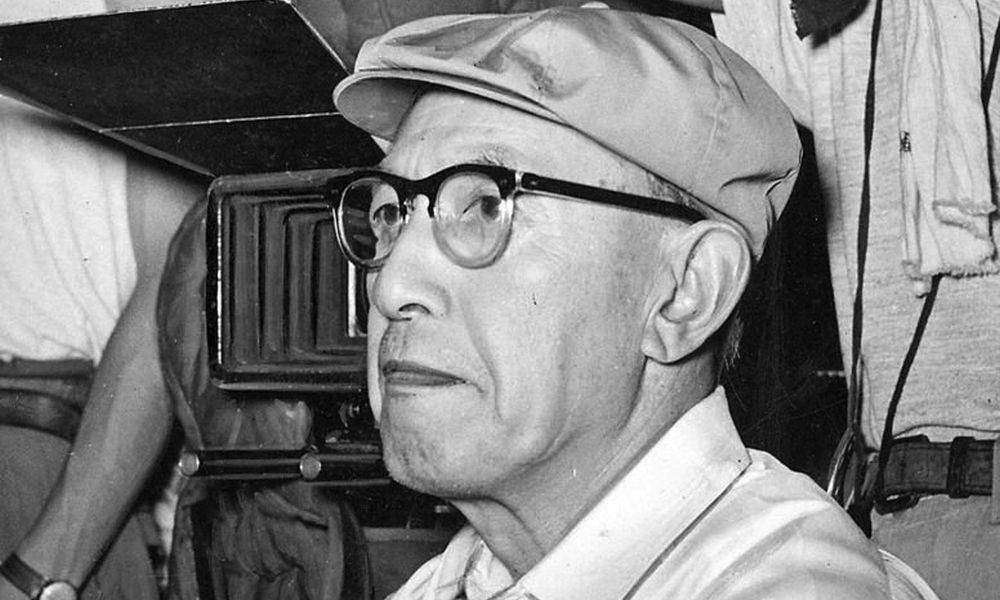"Nearly four decades after his death, Uchida has only just begun to acquire an international reputation. Earlier appreciation may have been hindered by his status as a genre filmmaker when foreign audiences looked to the Japanese cinema for high art… In addition to their visual flair and intelligent social criticism, his films displayed a trenchant psychological insight, particularly in the recurrent focus on antagonists perversely bound together by their mutual hatred." - A Critical Handbook of Japanese Film Directors (Alexander Jacoby, 2013)
Tomu Uchida
Director / Screenwriter
(1898-1970) Born April 26, Okayama, Okayama, Japan
(1898-1970) Born April 26, Okayama, Okayama, Japan
Key Production Country: Japan
Key Genres: Drama, Action, Adventure, Samurai Film, Martial Arts, Crime
Key Collaborators: Hiroshi Ohkawa (Producer), Shintaro Miyamoto (Editor), Naoyuki Suzuki (Screenwriter), Sadaji Yoshida (Cinematographer), Kusuo Abe (Leading Character Actor), Taiichiro Kosugi (Composer), Kinnosuke Nakamura (Leading Actor), Wakaba Irie (Leading Actress), Isao Kimura (Leading Character Actor), Isamu Kosugi (Leading Character Actor), Chieko Naniwa (Leading Character Actress), Chiezo Kataoka (Character Actor), Satomi Oka (Character Actress)
Key Genres: Drama, Action, Adventure, Samurai Film, Martial Arts, Crime
Key Collaborators: Hiroshi Ohkawa (Producer), Shintaro Miyamoto (Editor), Naoyuki Suzuki (Screenwriter), Sadaji Yoshida (Cinematographer), Kusuo Abe (Leading Character Actor), Taiichiro Kosugi (Composer), Kinnosuke Nakamura (Leading Actor), Wakaba Irie (Leading Actress), Isao Kimura (Leading Character Actor), Isamu Kosugi (Leading Character Actor), Chieko Naniwa (Leading Character Actress), Chiezo Kataoka (Character Actor), Satomi Oka (Character Actress)
"An actor from 1920, Tomu Uchida joined the Nikkatsu company in 1923 as an assistant director to Kenji Mizoguchi and Minoru Murata, and became a director in 1927. His early films were farcical and satirical comedies but in the Thirties he moved towards realism in the shomin-geki genre, concerned with ordinary lower-middle-class life, as in his semi-documentary Earth. Out of favour with the right-wing wartime government, he retreated to Manchuria, joined the Chinese enemy and became a communist. Returning to Japan in 1954, he joined the Toei company and specialized in jidai-geki or period films and, among other films, made the five-part Miyamoto Musashi series in the early Sixties." - The Illustrated Who's Who of the Cinema, 1983
"An artful stylist and shrewd social critic, the Japanese filmmaker Tomu Uchida left an illustrious body of work little seen or acknowledged outside his home country. Working within the Japanese studio system, he proved to be a dexterous, adaptable visionary comfortable at the helm of any production—from samurai films, thrillers, and literary adaptations to social satire and even a pseudo-Western set in Japan’s “Wild North” of Hokkaido." - Museum of Modern Art, 2016

A Fugitive from the Past (1965)
"Very much a genre stylist in the mold of golden-age Hollywood directors like Anthony Mann or Raoul Walsh, Uchida showed little discernible personal style to mark him as an auteur in the French critical mold, but the uniformly high quality of his works and his ability to succeed in a variety of genres mark him as a filmmaker very ripe for (re)consideration by critics. His work also refuses to be pigeonholed; for example, defying his reputation as a period film director, 1957’s The Eleventh Hour is an ensemble-cast, social realist melodrama about a rescue at a caved-in mine that equals anything made by Hollywood during the same era." - Marc Walkow (Film Comment, 2016)
"Uchida Tomu is often regarded as one of the great overlooked Japanese filmmakers. He spent his early years in the lower social strata and worked as a piano tuner. He moved to Tokyo in the early 1920s, and became one of the most important pre-war directors after making A Living Puppet (1929)… In 1965, he released what is considered to be his masterpiece: A Fugitive from the Past. The three-hour crime epic was named third-greatest Japanese film of all time by film magazine Kinejun." - International Film Festival Rotterdam
"In 1945, he fled Tokyo and joined the leftist Manchuria Film Association, spending ten years there. His return to Japan heralded a new outburst of creativity, as he applied his talents to everything from social critiques to theater adaptations, samurai movies to gritty noir. His late-fifties output in particular could serve as a sampling of nearly every genre and pleasure that Japanese cinema can offer, and also as a snapshot of the country's postwar aesthetics, concerns, and imaginings." - BAMPFA, 2007
"Though he’s nowhere near as well-known in the West, Tomu Uchida is considered in his native Japan to be a filmmaker on par with such contemporaries as Yasujirō Ozu and Kenji Mizoguchi. One of the reasons for this seems to be a fundamental changeability both in his choice of thematic material and cinematic style. Consequently, his output ranges from the monochrome naturalism of 1955’s Bloody Spear at Mount Fuji to the searing Fujicolor panoramas and overtly theatrical tableaux of 1962’s The Mad Fox." - Budd Wilkins (Slant Magazine, 2020)
Selected Filmography
{{row.titlelong}}
"Fan Club"
These film critics/filmmakers have, on multiple occasions, selected this director’s work within film ballots/lists that they have submitted.
These film critics/filmmakers have, on multiple occasions, selected this director’s work within film ballots/lists that they have submitted.


